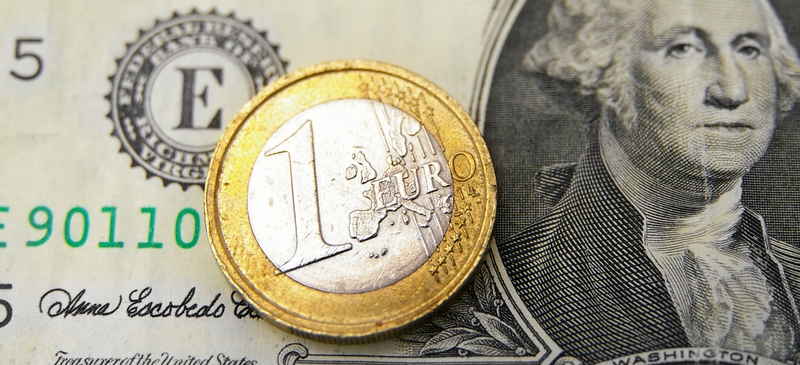
The euro as the world’s reserve currency?
by Simon Tilford
Back in the 1970s President Nixon’s treasury secretary, John Connally, famously quipped that “the dollar may be our currency, but it’s your problem”. One of the arguments in favour of establishing the euro was that it would quickly come to rival the dollar’s status as the world’s principle reserve currency and make it hard for the US to abuse its “exorbitant privilege” – devaluing the dollar imposes few costs on the US because its foreign debt is denominated in dollars. Is the wish of those Europeans that want to see the dollar dethroned about to come true? If so, would this be a win-win scenario for the eurozone?
There is no doubt that the threat to the dollar’s status is bigger than at any time since the end of the Second World War. The most likely outcome is that a rapid narrowing of the US current-account deficit and renewed fiscal discipline will combine to restore confidence in the dollar, and that it will retain its status as the world’s leading reserve currency. Confidence in the long-term prospects of the US economy remains strong, and the country’s huge and liquid financial markets make the dollar highly attractive as a reserve currency. However, a rout is a possibility, and could be triggered by a number of events, such as a debt crisis in the US or a steep rise in inflation, which would undercut the willingness of foreigners, crucially East Asian central banks, to hold so many of their reserves in the American currency. Let’s assume for a moment that the damage to the credibility of dollar is such that its role as the world’s favourite currency is lost.
The euro would be the only plausible replacement. It is the world’s second most important reserve currency, though a distant second to the US. The eurozone economy is huge (though not quite as big as the US), its economy is open, its financial markets increasingly deep and liquid, and the ECB now enjoys considerable credibility in the financial markets. But what would it mean for the eurozone, aside from schadenfreude? It would be easier for European companies to operate internationally as there would be less exchange rate risk. With import and export prices denominated in euros the economy, and the inflation rate, would be less vulnerable to shifts in exchange rates. Much more important than this, however, would be the gains from seignorage. As is the case at present in the US, the eurozone would benefit from what are effectively very low interest loans in the form of large central bank holdings of euros. Also, the growth of international trade would boost demand for euros, with the result that the euro-zone could very cheaply finance an external deficit, much as the US has been doing for decades.
But there are downsides to these potential advantages. As the issuer of a major international reserve currency, the eurozone would have to cope with different external risks, such as structural imbalances in the global economy, that are to a large extent responsible for the weakness of the dollar. The huge US current account deficit is the flipside of mercantilist economic policies being pursued by East Asian governments. Internationalisation of the euro could also make it harder to control the stock of euros in circulation and hence growth in the money supply and potentially inflation. An increase in the demand for euros would either cause the currency to appreciate, making exports less competitive, or require that the eurozone run a substantial external deficit in order to satisfy the external demand for euros. For this to happen, the ECB would need to run a looser monetary policy.
The potential for conflict within the eurozone is obvious. A stronger euro would be anathema to many eurozone countries, not least France and Italy, which are already very worried about euro strength. But a looser monetary policy would be anathema to countries such as Germany and the Netherlands that worry about the inflation implications of cheaper money. Indeed, it is far from obvious how the eurozone could run a sizeable current account deficit without exacerbating existing tensions between members of the single currency area with large current-account surpluses, such as Germany and Netherlands, and those with large or rising external deficits – most notably Spain, but also France and Italy. It would be possible for Germany and the Netherlands to continue to run big surpluses at the same time as the eurozone as a whole ran a bigger deficit, but only if other eurozone countries ran even bigger deficits. This is politically implausible.
Becoming the world’s principle reserve currency might not be worth the bragging rights.
Simon Tilford is chief economist at the Centre for European Reform.
